
also: Николай Лесков Nikolaj S. Leskow Nikolai Leskov Nikolai Lesskow Nikolaj Semënovič Leskov Nikolaĭ Semenovich Leskov Nikolai Ljeskow Н. С. Лѣсков-Стебницкий Микола Лєсков Nikolai Semyonovich Leskov (Russian: Николай Семёнович Лесков; 16 February 1831 — 5 March 1895) was a Russian novelist, short story writer, playwright, and journalist who also wrote under the pseudonym M. Stebnitsky. Praised for his unique writing style and innovative experiments in form, and held in high esteem by Leo Tolstoy, Anton Chekhov and Maxim Gorky among others, Leskov is credited with creating a comprehensive picture of contemporary Russian society using mostly short literary forms. His major works include Lady Macbeth of Mtsensk (1865) (which was later made into an opera by Shostakovich), The Cathedral Clergy (1872), The Enchanted Wanderer (1873), and "The Tale of Cross-eyed Lefty from Tula and the Steel Flea" (1881). Leskov was born at his parent's estate in Oryol Gubernia in 1831. He received his formal education at the Oryol Lyceum. In 1847 Leskov joined the Oryol criminal court office, later transferring to Kiev where he worked as a clerk, attended university lectures, mixed with local people, and took part in various student circles. In 1857 Leskov quit his job as a clerk and went to work for the private trading company Scott & Wilkins owned by Alexander Scott, his aunt's English husband. He spent several years traveling throughout Russia on company business. It was in these early years that Leskov learned local dialects and became keenly interested in the customs and ways of the different ethnic and regional groups of Russian peoples. His experiences during these travels provided him with material and inspiration for his future as a writer of fiction. Leskov's literary career began in the early 1860s with the publication of his short story "The Extinguished Flame" (1862), and his novellas Musk-Ox (May 1863) and The Life of a Peasant Woman (September, 1863). His first novel No Way Out was published under the pseudonym M. Stebnitsky in 1864. From the mid 1860s to the mid 1880s Leskov published a wide range of works, including journalism, sketches, short stories, and novels. Leskov's major works, many of which continue to be published in modern versions, were written during this time. A number of his later works were banned because of their satirical treatment of the Russian Orthodox Church and its functionaries. In his last years Leskov suffered from angina pectoris and asthma. He died on 5 March 1895. He was interred in the Volkovo Cemetery in Saint Petersburg, in the section reserved for literary figures.
Series
Books

The Enchanted Wanderer
1873

Iron Will
1876

Соборяне
1872
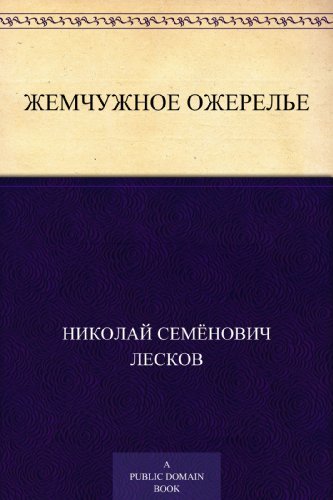
Жемчужное ожерелье
2015

Opowieści niesamowite. Literatura rosyjska
1975

The Steel Flea
1881
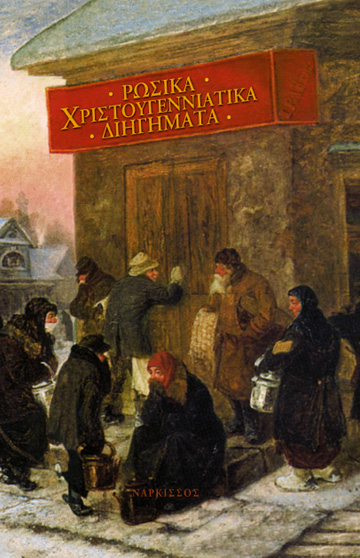
Ρώσικα χριστουγεννιάτικα διηγήματα
2004

Левша
1981
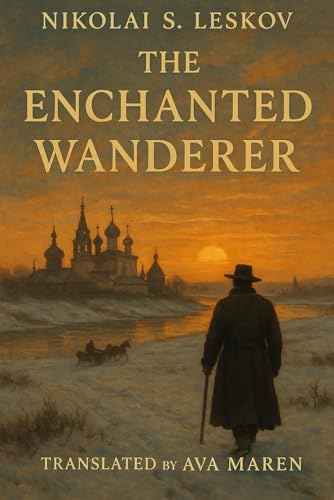
The Enchanted Wanderer
1957

The Mountain
1900

Тупейный художник
1883

The Sealed Angel and Other Stories by Nikolay Leskov
1984

Downtrodden Family
1874
The Enchanted Wanderer and Other Stories
1967

Un siglo de cuentos rusos. De Pushkin a Chéjov
2011

Le Paon
1874

On the Edge of the World
1875

The Warrior Woman
1866

Unbaptized Priest
1955

The Ghost of Engineers Castle
Apparitions, Ghosts and Mischievous Cadets
2009

Clássicos do conto russo
2015

The Man on Duty
2013

Очарованный странник. Тупейный художник
2025

Nova Antologia do Conto Russo
2011

The Tales of N. S. Leskov.
1862

Lady Macbeth of the Mtsensk District
2015

On the Knife
1871

Cuentos de Navidad
De los hermanos Grimm a Paul Auster
2015

The Sealed Angel
1872

Contos Russos
Tomo II
2015

Night Owls
1891

Lady Macbeth of Mtsensk
1865
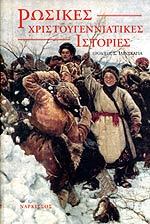
Ρωσικές χριστουγεννιάτικες ιστορίες
2003
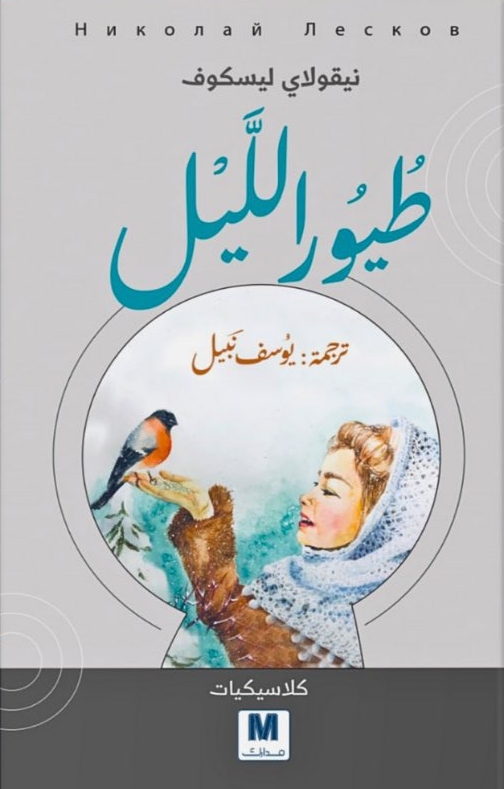
طيور الليل
2024

